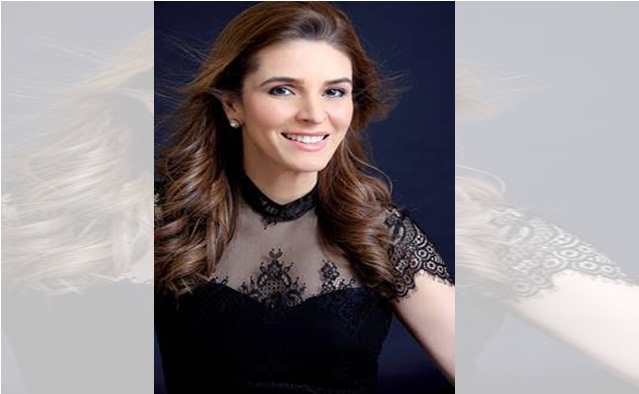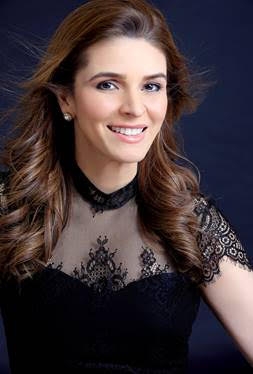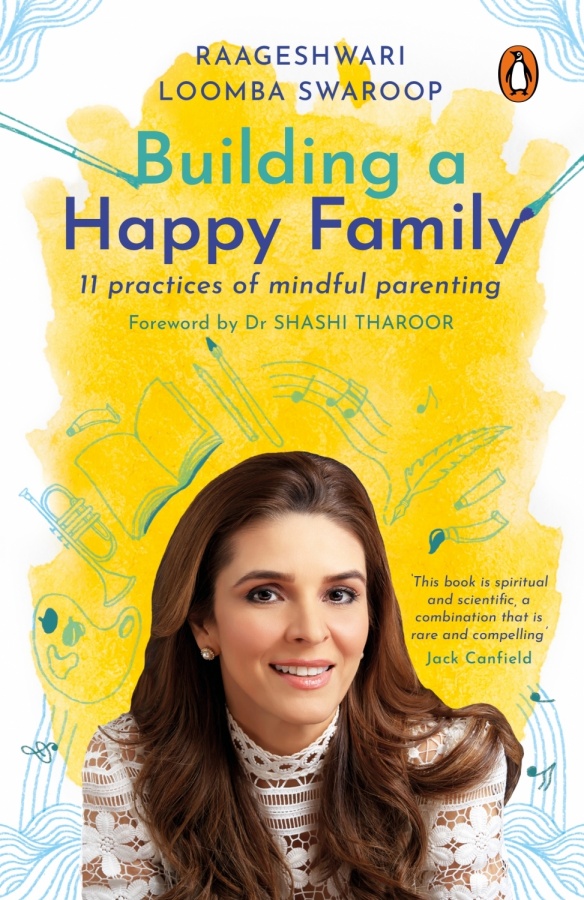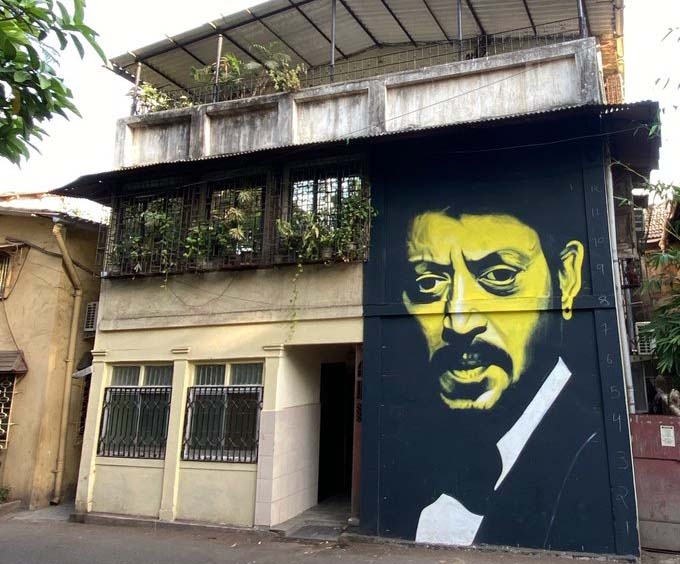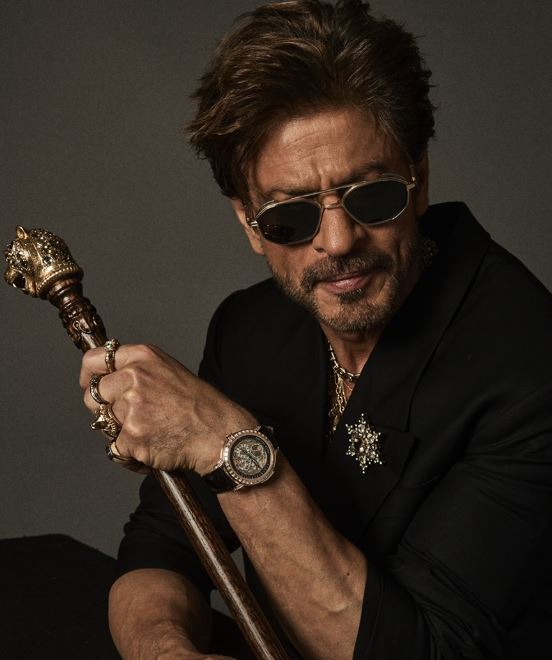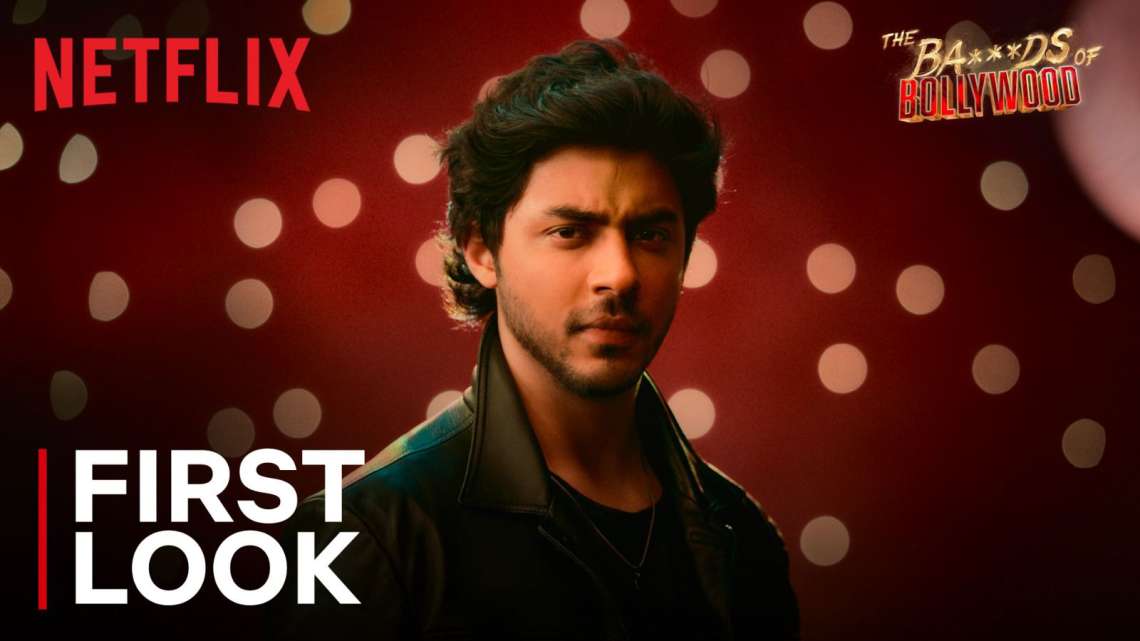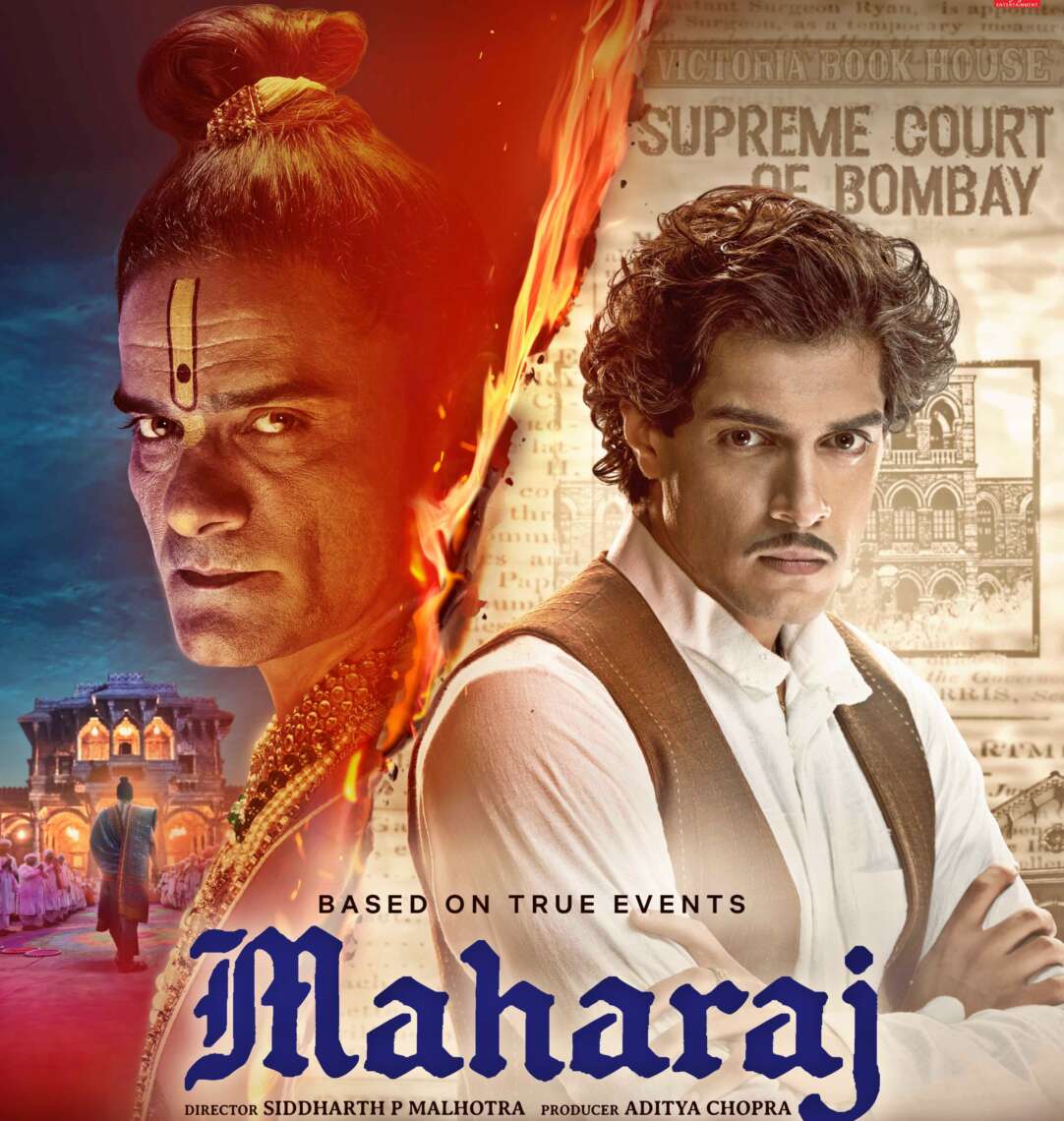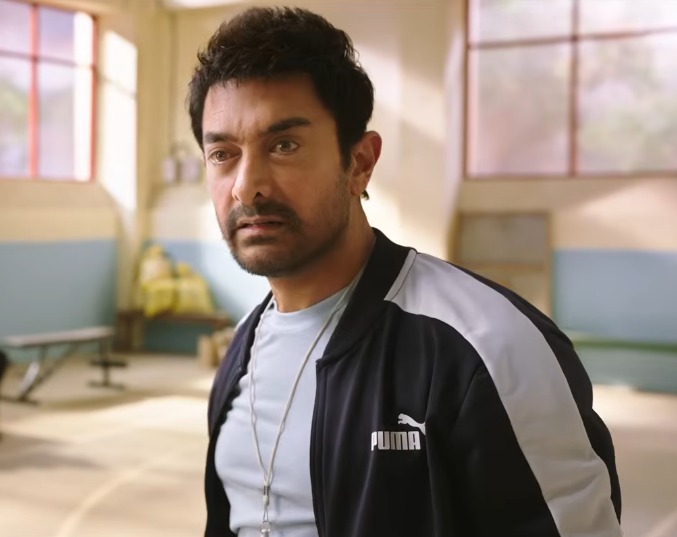BY SUKANT DEEPAK
This 90’s Indian pop music sensation and actor, who would lighten the screen and stage with her vivaciousness now talks about ‘inner journey’ and ‘mindfulness’ like a pro. For Raageshwari Loomba , who gave that generation some handy albums for school and college parties, including ‘Duniya’ and ‘Sach Ka Saath’ which broke all records, destiny could not have played a crueler joke when she was diagnosed with Bell’s palsy, which left her with a paralysed left side of the face and a slur in the voice. Undeterred, this singer, who who was also seen in films ‘Aankhen’, ‘Dil Aa Gaya’, ‘Zid’ and ‘Mumbai Se Aaya Mera Dost’ among others, rehabilitated herself with Yoga, physiotherapy and ancient Tibetan rites.
It’s been almost 20 years since that happened, and now she is out with her debut book ‘Building a Happy Family’: 11 Practices of Mindful Parenting (Penguin Random House), that focuses on the impact that books, music, art, and positive reinforcement have on children’s lives. “It’s about how young minds develop and the environment at home impacts their behaviour well into adulthood,” she tells IANS.
Raageshwari’s journey to being an author goes back to the time when she was diagnosed with the disease — that’s when she started collecting notes and writing her journal. “The thought that transformed my life was the realisation that our inner world creates our outer one. I also got introduced to ‘Mindfulness’ with the collaborations I had with Jack Canfield and the late Louise Hay. My own facial paralysis was the proof of my inner turmoil. I wanted this powerful philosophy to reach people. There was this urge to empower, liberate and strengthen other people’s worlds too.”
Stressing that her forced solitude resulted in much reflection, pushing her towards books and people who transformed her, she adds, “I realised that my there was too much going on in my inner world. I had just been through a breakup, and I was going through intense work schedules. On the surface, I may have looked like a very successful pop singer but beneath, I was heartbroken. So this realisation that the turmoil inside can spiral and express itself externally is what I have spoken about in detail in my chapter on affirmations in the book.”
Talk to her about her initial reaction when the disease was diagnosed, and she shares, “I did feel I had lost it all, there were so many fears and severe lows. But my greatest support system was the love of my family, especially the tenderness of my mother..”

But does she not not miss all the attention that came from being a pop-star and an actor? “I look at that phase with a lot of love. My father, who wrote and composed the songs ensured they were innocent and wholesome. We may not have had record companies chasing us, but when our first song stayed at number one — we were humble and grateful. My family was and is so simple, so the pop sensation phase did not feel any different at home. I was still the girl happy dancing to music and sharing time with the family. There is nothing to miss as I have all the same things in life today anyway.”
Raageshwari, who also curates a children’s literature festival ‘AIM’ in London, where she is now based says she was instantly drawn to the vision of co-founders AIM, Ekta and Monica. “They had been approached by ‘The Bhavan’, which is UK’s biggest cultural hub for Asian fraternity, to organise a mind expanding event for children. We brainstormed and thought of a way to merge culture, art, dance, music and literature to create a day long theatrical event for children of all ages. The aim is to have an exciting line of children’s favourite authors, live illustrators, live band, stories narrated through drama, puppetry, young prodigies, young authors, book launches, writing workshops, art workshops coming together to create a perfect family fun day.”

